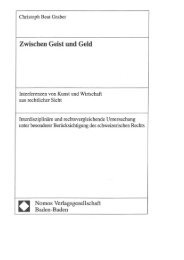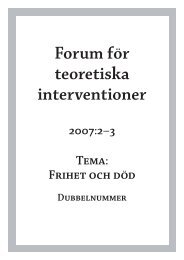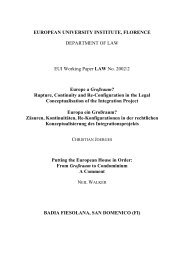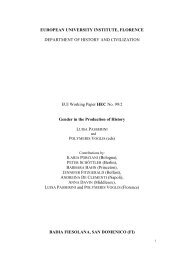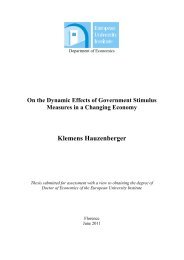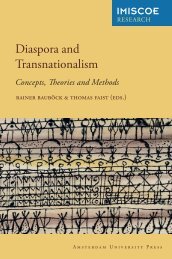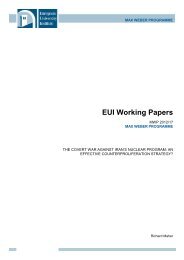Sinziana-Elena Poiana Ioana Lupea Irina-Madalina Doroftei Alina ...
Sinziana-Elena Poiana Ioana Lupea Irina-Madalina Doroftei Alina ...
Sinziana-Elena Poiana Ioana Lupea Irina-Madalina Doroftei Alina ...
You also want an ePaper? Increase the reach of your titles
YUMPU automatically turns print PDFs into web optimized ePapers that Google loves.
their hard feelings were fed by media and the politicians. The Hungarians’ failure to assume civic<br />
identity also relates to the way the state and the Romanian majority formulate it (Salat, 2006). The<br />
recognition of the multiethnic character of the Romanian state was dismissed by the Romanian<br />
political elite and by the Romanian majority. Constitutionally, Romania is a nation-state, and this<br />
nature cannot be changed by revision, the 1991 Constitution states. The constitutional text is<br />
considered by Hungarians as an "exclusion agent" (Salat, 2006).<br />
While the minority intends to move the tolerance border above fundamental rights such as the use of<br />
mother tongue, requesting a new public status through the recognition of collective rights, considered<br />
to confer some form of autonomy, for the Romanian majority the limit of tolerance is much lower. The<br />
majority is intolerant towards the institutionalization of any ethnic differences, which would require<br />
the public presence of ethnic diversity (Robotin, 2002). It opposes the DAHR’s mandatory cooptation<br />
to government, the use of mother tongue in public, giving extended rights to the Hungarians who are<br />
living in majority in some counties such as hiring minority ethnics in police (M.W, 2006). The<br />
majority, through the Romanian media, political representatives and state institutions, claims to the<br />
minority a civic loyalty beyond the formal-legal obligations. It show intolerance towards what it<br />
considers to be the lack of loyalty toward the Romanian state with its national symbols, The National<br />
Day and Anthem, the national heros. Csibi Barna's case showed the capacity of the Romanian political<br />
elite to cynically instrument the identity competition of the two communities for electoral purposes.<br />
The arbitrary decisions of the Tax Authority’s president, a pro-eminent member of the ruling party,<br />
were investigated for discrimination and they were about to generate an actual inter-ethnic conflict by<br />
transferring Csibi Barna to Abrud, a city historically connected to the life of Avram Iancu. The<br />
objectivity of the public institutions, reacting differently in similar cases, such as the hanging of<br />
Avram Iancu’s doll and the profanation of the monument representing Gabor Aron, is also<br />
questionable.<br />
The Hungarians’ claims for collective rights, including cultural autonomy and autonomy for Szekler<br />
Land, expressed in the language of the historical contest between two nations, and not in the rational<br />
language of the benefits of the self-administration of one’s own ethnic group (Culic, 2001), revive the<br />
memories of the majority and their fears of Hungarians domination, as it was cultivated by the<br />
political elite. The autonomy issue can be construed as a "societal security dilemma" as Paul Roe<br />
described. Autonomy viewed by the Hungarian elite as an instrument meant to preserve the<br />
community’s identity and security, or, in its rethorical use, a piece of discourse meant to mobilize the<br />
ethnical electorate, is perceived by the majority as a threat to national identity, to the state’s<br />
sovereignty and unity. In its defense, the majority can resort to counter-measures. Such a countermeasure<br />
could be DAHR’s marginalization, thinking, naively, that once the organization disappeares<br />
from the political scene, the agenda will no longer include Hungarians’ ethnic issues. According to the<br />
same theory, i.e., "societal security dilemma", DAHR’s disappearance from the political scene could<br />
result in the radicalization of Hungarians who live in the Szekler area and in higher insecurity among<br />
the general population. Csibi Barna is the exponent of such a radical movement that appeared in the<br />
recent years in the Szeklers counties area, one that feels that DAHR actions are not enough.<br />
The debate regarding the administrative-territorial reorganization was initiated by Traian Băsescu at<br />
the worst possible moment, and failed by turning into a nationalist hysteria, after Csibi Barna’s case<br />
and the chain of events that followed it. If Traian Băsescu’s regionalisation project will a tone point<br />
be adopted, the new territorial organization shall result in the significant reduction of the share of<br />
Hungarians, and thus a reduction of their representation and participation on a local/ regional level,<br />
and the forfeiture of rights, such as the use of mother tongue because of their reduced percent from the<br />
total of the population. In terms of "security dilemma", it is the authors’ opinion that the adoption of<br />
this proposal to reorganize the country under this conditions would have produced a dramatic result.<br />
Recommendations<br />
In order to address the more profound causes of intolerant public and political behavior between the<br />
Hungarian and the Romanian living in Romania, we put forward the following recommendations:<br />
71



